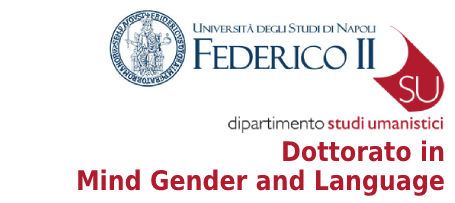In today’s globalised world, Horizon 2020 calls for the need to build and develop both a European Research Area and strategic cooperation agreements with thrid countries. This is part and parcel with the cultural and social challenges that the world of research is facing in our globalised world, in line with the aims of the 7th Framework Programme, which fosters cooperation with ‘third countries’ with a view to:
- increasing European competitiveness in key sectors through strategic partnership with third countries and actions aimed to encourage their best scientists to work in and with Europe;
- tackling specific issues having a global dimension or affecting third countries on the basis of mutual interest and benefit.
To this end, the networks established by the PhD in Human Mind and Gender Studies go beyond the EU level and encompass universities and research centres from third countries, whose teaching staff actively contributes to the PhD board activities with their lectures and seminars, or promoting teacher and student exchange programmes and work placements.
- PhD in Clinical Neuropsychology, Simon Fraser Univeristy, Vancouver, Canada
- PhD in Lettres, Arts et Sciences Humaines, Psychologie, Universitè di Nice, Francia
- UNAM (Universidad National Autonoma de Mexico), Messico
- Università di Dublino, Regno Unito
- Universidade Federal do Rio de Janeiro, Brasile
Cooperation with public and private institutions
The PhD programme has stable networks with Ministries, the Equal opportunity department, Local Authorities and with city and regional institutions; these links aim at researching, planning and accomplishing the professional growth of PhD students through internships in various institutions.
To this purpose we have established links with local social actors, including health institutions, the police, professional associations, and private and public research institutions.
The PhD programme and its research outcomes contribute to the University policies for gender equality (GENOVATE) and for students’ active inclusion (SINAPSI). There are ongoing partnerships aimed at research and education activities on gender with the Employers’ Federation (Unione Industriali), the Equal opportunity Commission, the Labour inspection, the NHS trust, and the Juvenile Court. These activities make it possible for the PhD programme to test new approaches to family-work balancing, to family conflict and gender violence reduction.
